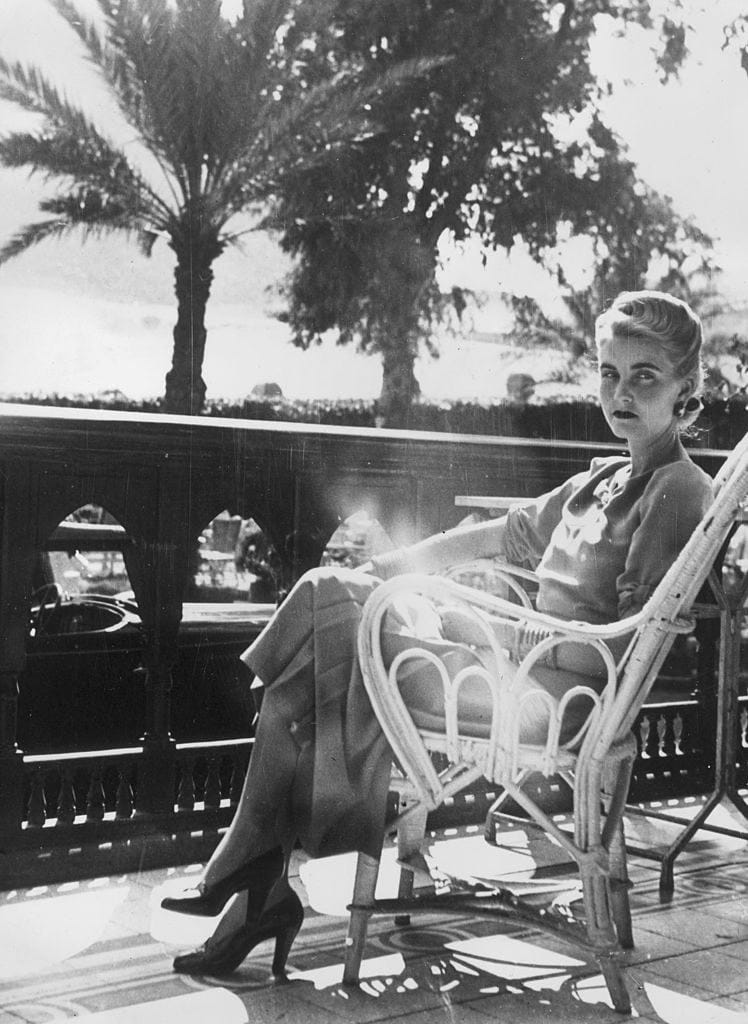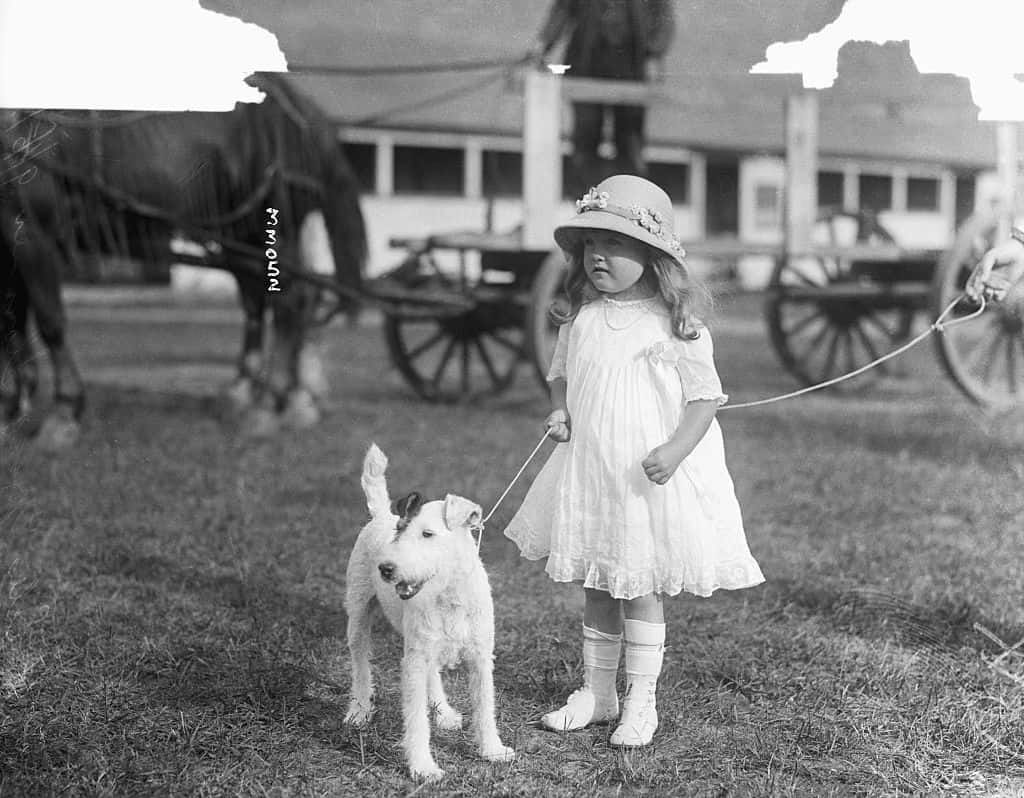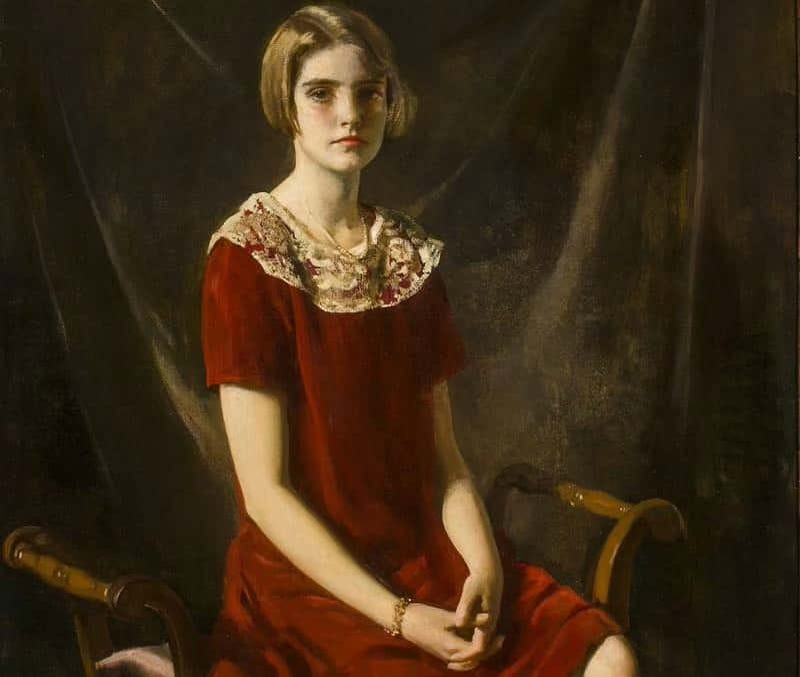Adorable Story #43: Barbara Hutton
The heiress and socialite always searching for something money couldn't buy

Barbara Woolworth Hutton (November 14, 1912 – May 11, 1979) was an American debutante, socialite, heiress, and philanthropist. She was dubbed the “Poor Little Rich Girl”—first when she was given a lavish and expensive debutante ball in 1930 amid the Great Depression, and later due to a notoriously troubled private life.
Born into wealth but always searching for something money couldn’t buy, Hutton’s life was a continuous mix of highs and lows.
If you aren’t subscribed yet, hit the subscribe button below to receive the Adorable Stories every weekend, directly in your inbox:
Early Beginnings: The Woolworth Fortune
Barbara Hutton was born on November 14, 1912, into a life of unimaginable wealth. As the granddaughter of Frank W. Woolworth, the founder of the Woolworth “five-and-dime” retail chain, she was destined for public attention.
Barbara Hutton was the only child of Edna Woolworth (1883–1917), who was a daughter of Frank W. Woolworth and Franklyn Laws Hutton (1877–1940), a wealthy co-founder of E. F. Hutton & Company, a New York investment banking and stock brokerage firm.
Edna Hutton reportedly died on May 2, 1917, age 33, from suffocation due to mastoiditis, an infection usually caused by untreated acute otitis: to this day, rumor persists that she actually committed suicide by poison, in despair over her husband’s philandering (the coroner decided that no autopsy was necessary thus increasing the suspicions surrounding the tragic event).
Four-year-old Little Barbara discovered her mother’s body and sadly the trauma would haunt her for the rest of her life.
Her inheritance, received after her mother’s passing when Barbara was just a child, made her one of the wealthiest women in the world.
Unfortunately her father was still too preoccupied with his numerous women and his alcohol addiction to take care of his daughter: shortly after Edna’s death, Franklin Hutton married Irene Bodde, the classic fairy-tale stepmother, whose manifest purpose was to exploit his stepdaughter’s wealth without having her in the way.
Little Barbara grew up in the home of her maternal grandparents, and, after their death in 1924, she was entrusted to a paternal aunt and to the care of the nanny Tiki, who would remain by her side for over forty years.
Barbara was sent to a variety of boarding schools: she attended Miss Hewitt’s Classes (now The Hewitt School in New York’s Lenox Hill neighborhood) and Miss Porter’s School for Girls in Farmington, Connecticut.
“I was trying to buy the attention of my classmates,” she recalled years later. “I used to give them pearls, rubies and dolls dressed in Lanvin... But instead of conquering them, I ended up being robbed and despised.”
Barbara became an introverted child who had limited interaction with other children of her own age. Her closest friend and only confidante was her cousin Jimmy Donahue, the son of her mother’s sister: Jimmy Donahue inherited a portion of the Woolworth estate with Barbara and also grew up to have notorious drug, alcohol and relationship problems.
By the time of her 21st birthday in 1933, her trust fund had reached the staggering amount of USD 42 million (approx. USD 1 billion in today’s value): this greatly attracted the attention of the American press, and public in general, so much so that Barbara’s entrance into any restaurant, hotel, public or private party was emphasized by the orchestras singing I Found a Million Dollar Baby (In A Five And Ten Cent Store), a famous hit composed in her honor in 1926.
Keep reading with a 7-day free trial
Subscribe to Adorable Times’ Newsletter to keep reading this post and get 7 days of free access to the full post archives.







